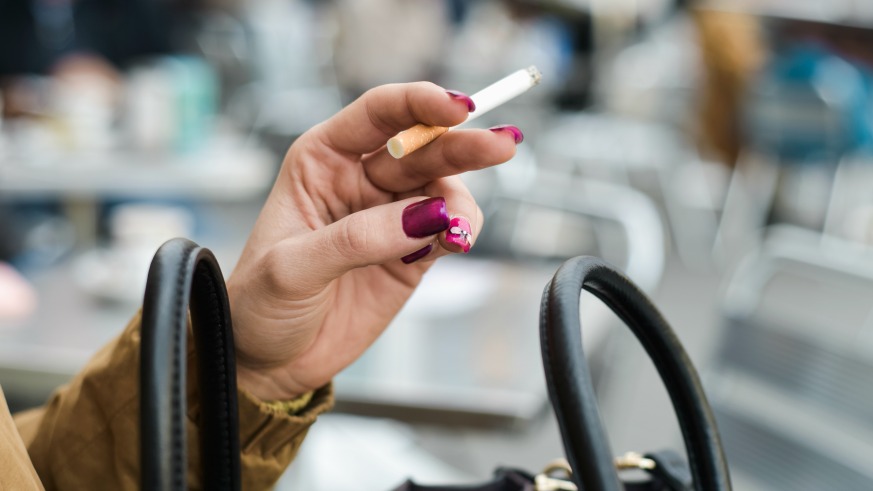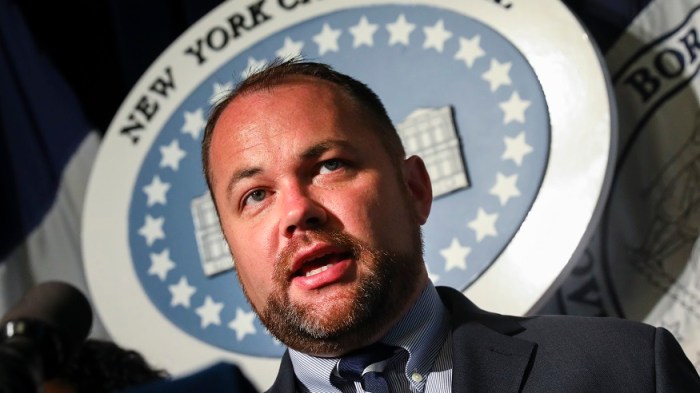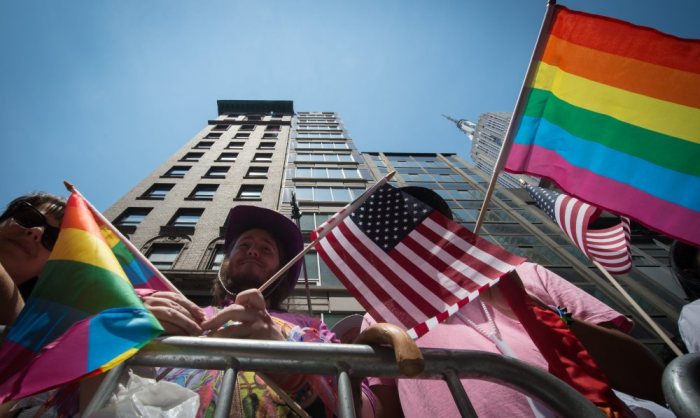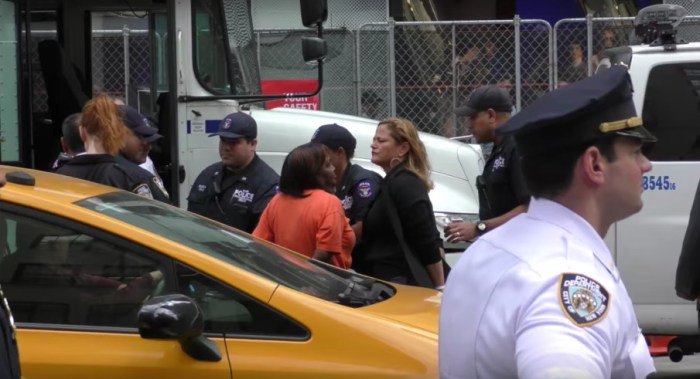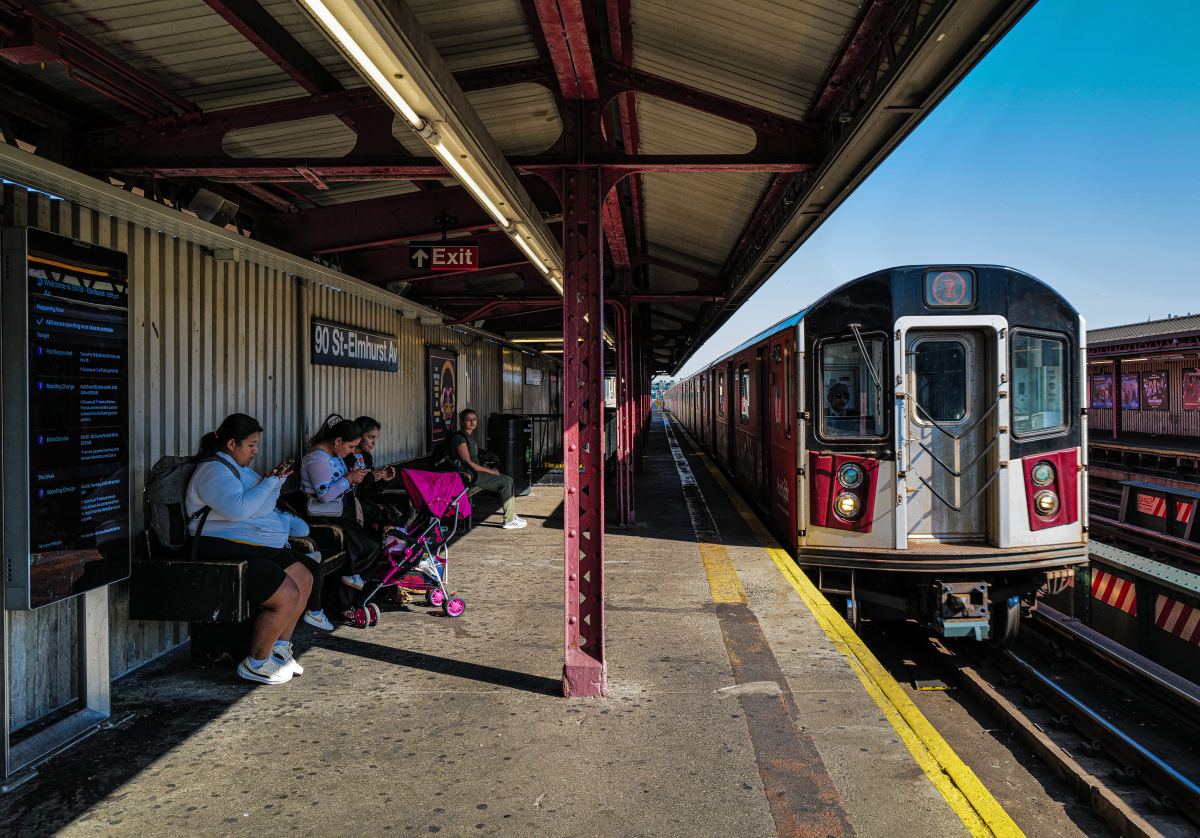In an effort to get New Yorkers to quit smoking, Mayor Bill de Blasio on Monday announced seven bills aimed to cut the number of those addicted to the vice by 160,000 by 2020.
The legislation includes raising the minimum price of tobacco, including increasing per-pack prices to $13 from $10.50, which is expected to raise $1 million for public housing; limiting the number of retailers with tobacco licenses and cutting the current retailer number in half; creating a retail license for e-cigarettes and capping the number of those licenses; upping the cigarette license fee to $200 from $110; requiring residential building owners to create and disclose a smoking policy to current and future residents; banning smoking in building common areas; and barring pharmacies from selling tobacco products, which would begin when current licenses expire next year.
“Even though tobacco is a leading cause of premature death across the country, Big Tobacco will stop at nothing to hook people on these deadly products,” de Blasio said in a statement. “We are sending a loud and clear message that we will not let their greed kill any more New Yorkers without a fight. These new laws will not only help reduce the number of smokers in our city, but also save lives.”
According to the statement, smoking rates have dropped to 14.3 percent in 2015 from 21.5 percent in 2002, the year before statewide bans on smoking went into effect. The mayor’s legislation wants to reduce the more than 900,000 smokers in the city to a historic low of 12 percent.
The bills were introduced by Council Members Corey Johnson, Brad Lander, Fernando Cabrera, Ritchie Torres and James Vacca.
“If you are a smoker, the single most important thing you can do for your health is to stop smoking,” Health Commissioner Dr. Mary T. Bassett said. “As a former smoker, I know how hard it is to quit. That’s why these laws are so important — they will make it easier for New Yorkers to quit smoking or never start.”
Two smokers that Metro spoke two, however, will not be deterred by the new legislation.
Jose Munoz of Bayside, Queens, said the bills are “not good, but I usually don’t buy my cigarettes here anyway.” And while the lifelong smoker has quite “a couple of times, it was because I wanted to, not because of laws.”
Stefano St. Pierre of Brooklyn wasn’t surprised to hear about the bills, but still plans to continue purchasing the six “loosies” he buys every day for $.50 a pop, but he does think they might jump to $1 because of the legislation.
A history of not smoking in New York
California led the pack with a statewide smoking ban in 1995 and many other states followed suit, including New York that same year.
• Jan. 21, 1908
City Council passes the Sullivan Ordinance banning women from smoking in public.
According to a clipping from The New York Times on that date, “The Sullivan ordinance does not make it an offense for the manager or proprietor of a public place to allow her to smoke therein, and for doing so he may suffer the revocation of his license and also be fined.” On Jan. 22, a woman named Katie Mulcahey was arrested for smoking, the Times reported.
The Sullivan ordinance was vetoed two weeks later by then-Mayor George Brinton McClellan Jr.
• 1995
New York City Council enacted the Smoke-Free Air Act, which banned smoking in “numerous places,” according to that legislation, which allowed smoking in a “restaurant bar, which must comply with certain seating and size requirements.”
• July 24, 2003
New York state bans smoking in all enclosed workplaces, including bars, restaurants and construction sites, three months after New York City expanded its original Smoke-Free Air Act to include such establishments.
• May 23, 2011
Smoking is prohibited in parks, on boardwalks, beaches, pedestrian plazas and other recreation areas.
• May 18, 2014
Anyone under 21 is banned from purchasing cigarettes, e-cigarettes and tobacco products.

